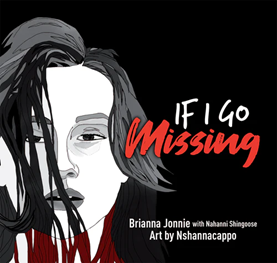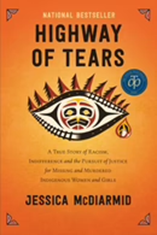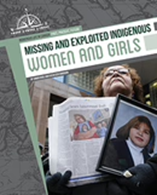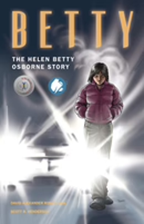Red Dress Day (MMIWG2S)

A picture alone can tell a thousand words. The red dress, a bold and tangible symbol of missing and murdered Indigenous women and girls, represents innumerable words—their stories.
May 5 marks Red Dress Day, which honours the memory of these women and girls and serves as a stark reminder of the scale of loss. It began with Métis artist Jaime Black’s REDress Project, an exhibit that continues to see red dresses displayed in public spaces throughout Canada and the United States.
Furthermore, the GSS on Social Identity indicates that about 2 in 10 Indigenous people (22%) reported having little or no confidence in police.
The GSS on Canadians’ Safety also found that in 2019 the prevalence of spousal violence was more than twice as high among Indigenous people (7.5%) as non-Indigenous (3.4%).
These figures echo the findings of the 2019 National Inquiry into Missing and Murdered Indigenous Women and Girls about the need to improve justice and equality under the law for Indigenous women and girls.
Awareness is part of the broader march toward reconciliation, and the visual reminder of these red dresses is an opportunity to remember and reflect on the pain and loss.

 If I Go Missing is a graphic novel based on a letter written by 14 year old Brianna Jonnie to the Winnipeg Police Service. The text of If I Go Missing is by Brianna Jonnie, Ojibwe, with Nahanni Shingoose, Ojibwe and Irish, and art by Neal Nshannacappo, Nakwe (Saulteaux). This graphic novel begins with a quote from the United Nations Declaration on the Rights of Indigenous Peoples and the right of Indigenous women and children to be free from all forms of violence and discrimination. Citing statistics and information on murdered and missing Indigenous women and girls, this is an open letter to understand how missing people are treated differently especially Indigenous women and girls by society and men and boys in particular. It is also a call on police services, media and communities to exhaust all efforts to find Indigenous girls and to do this as soon as possible because it is not about the colour of one’s skin, socio-economic status, or legal guardianship but details that humanize those who go missing that matters.
If I Go Missing is a graphic novel based on a letter written by 14 year old Brianna Jonnie to the Winnipeg Police Service. The text of If I Go Missing is by Brianna Jonnie, Ojibwe, with Nahanni Shingoose, Ojibwe and Irish, and art by Neal Nshannacappo, Nakwe (Saulteaux). This graphic novel begins with a quote from the United Nations Declaration on the Rights of Indigenous Peoples and the right of Indigenous women and children to be free from all forms of violence and discrimination. Citing statistics and information on murdered and missing Indigenous women and girls, this is an open letter to understand how missing people are treated differently especially Indigenous women and girls by society and men and boys in particular. It is also a call on police services, media and communities to exhaust all efforts to find Indigenous girls and to do this as soon as possible because it is not about the colour of one’s skin, socio-economic status, or legal guardianship but details that humanize those who go missing that matters.


